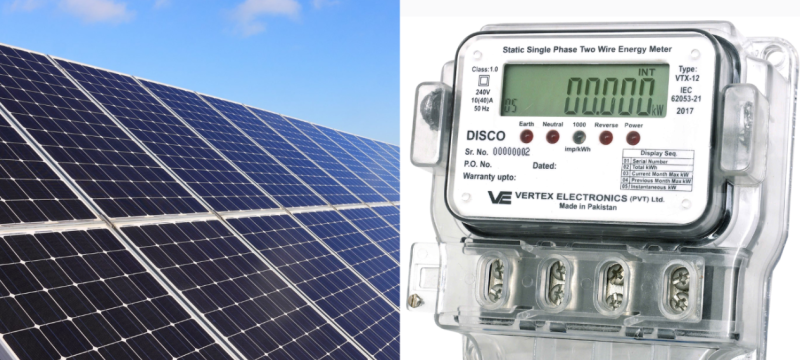Pakistan is set to make a major push toward renewable energy, with 2,633 megawatts expected to be added to the national power grid through solar net metering alone during fiscal year 2025-26. This contribution forms a significant portion of the projected total energy addition of 2,800 MW, despite the country already having surplus generation capacity.
According to the Annual Plan 2025-26, these additions will boost Pakistan’s installed power generation capacity to 44,626 MW by the end of June 2026. A surge in solar net metering is also anticipated to increase the number of net metering consumers by nearly 198,000, helping to meet Sustainable Development Goals (SDGs) by increasing the share of renewables in total consumption.
Also Read: Budget 2025: Government Plans Major Cut in Solar Net Metering Rate from Rs27 to Rs10 per Unit
The energy mix at that point is projected to shift toward a more sustainable balance, with 50.5% from renewable sources such as hydel, wind, solar, bagasse, and net metering, while the remaining 49.5% will come from thermal sources including coal, gas, RLNG, oil, and nuclear.
The Public Sector Development Programme (PSDP) will inject Rs161.6 billion into the power sector in FY26, with funding allocated to 63 projects. These efforts will focus on strengthening generation, transmission, and distribution systems while improving electricity access in underserved areas.
On the infrastructure side, Pakistan plans to extend its high-voltage transmission network and electrify over 15,000 villages. Additionally, nearly 1.9 million new consumer connections will be added, significantly improving electricity access nationwide.





